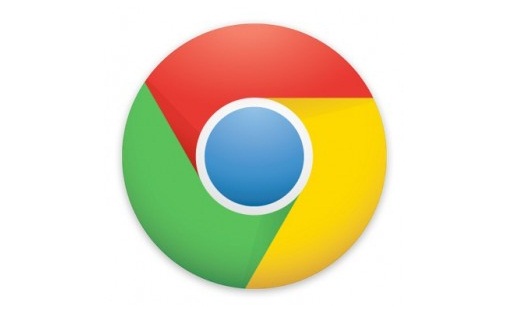Google Updates Chrome 26 With Spell Checker

The latest version of Google’s Chrome browser adds individual profiles for different users, as well as context-aware spell-checking
Google’s latest Chrome 26 web browser has debuted as a stable release with several notable new features, including improved spell-checking and the ability to create individual profiles so that multiple users can keep their own bookmarks and other preferences.
The availability of the new official version of Chrome 26 was announced on 26 March in a post by Dharani Govindan of the Google Chrome team on the Google Chrome Releases Blog.
General release
In February, the improved spell-checking feature was first introduced in the beta version of Chrome 26 so that it could be better developed before its inclusion in the generally available release of the browser.
The new Chrome version, known as Chrome 26.0.1410.43, is available for Windows, Mac, Linux and Chrome OS.
 The spell-checking feature includes improvements for grammar, homonym checking, the use of proper nouns and more, while the new multiple profiles feature allows each user to have a desktop shortcut to individual browser preferences, according to the post. The features are available when a user selects the “Ask Google for Suggestions” feature in the browser’s preferences.
The spell-checking feature includes improvements for grammar, homonym checking, the use of proper nouns and more, while the new multiple profiles feature allows each user to have a desktop shortcut to individual browser preferences, according to the post. The features are available when a user selects the “Ask Google for Suggestions” feature in the browser’s preferences.
Chrome 26 also incorporates 11 security, vulnerability and operational fixes, including two high-priority fixes, six medium-priority fixes and three low-priority patches.
Also in the latest release are updated dictionaries for all languages in Chrome and all-new support for three more languages – Korean, Tamil and Albanian, according to a separate 26 March post about the release by Chrome software engineer Rachel Petterson on the Google Chrome Blog.
“In addition, users who add custom words to the dictionary can now sync their settings to bring those changes to all the devices where they use Chrome,” Petterson wrote.
Mac support on the way
The new spell-checking and language features are available now for users in Windows, Linux and Chrome OS, according to Petterson.
Support on Macs, however, is still being completed and will be rolled out in the coming weeks.
In February, the previous version of the browser, Chrome 25, was released with new speech-recognition capabilities that promise integration with web applications to give users new ways of getting tasks accomplished.
In version 25 and subsequent versions, Chrome received support for the Web Speech API, which developers can use to integrate speech-recognition capabilities into their web apps.
The new speech-recognition feature allows users to dictate an email to a recipient without having to make a single keystroke. The Web Speech API is now likely to be used by other web developers to build more pages and content that will allow users to ditch their keyboards for a wide range of functions.
Google’s Chrome continues to lead all other web browsers in global use share, with 29.3 percent of the market, according to the latest February 2013 statistics from W3Counter.com.
Browser share
In second place is Microsoft’s Internet Explorer browser with a 26.6 percent share, while Mozilla Firefox is in third place with 19.7 percent. Apple’s Safari comes in at 15.4 percent, and Opera has 2.4 percent.
In June 2012, when Chrome unseated Internet Explorer for web supremacy for the first time, it was a watershed moment for the young browser.
StatCounter data from more than 15 billion page views (4 billion from the United States and 850 million from the United Kingdom) for the full month of May 2012 showed Chrome took 32.43 percent of the worldwide market, compared with 32.12 percent for IE and 25.55 percent for Firefox.
The Chrome browser, which celebrated its fourth birthday in September 2012, took on such established web browsers as Firefox, Internet Explorer and Safari.
Also unveiled in February is a new feature that allows users of the Firefox and Chrome browsers to communicate in video chats without having to install enabling plug-ins, giving users more flexibility in the browsers they choose. It’s the first time that such interoperability has been possible without add-on plug-ins.
Are you a Google expert? Take our quiz!
Originally published on eWeek.